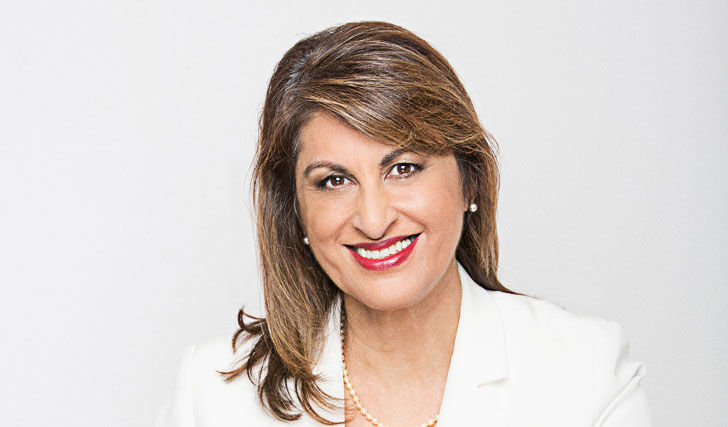You might say there are two different ways to sell insurance. For some clients, a technical approach works best. For many older clients, however, having a relationship with no sales expectations – no strings attached – is instead what it takes to understand family dynamics and truly get to the heart of a client’s financial concerns.
Relationship selling, says Shehnaz Hussain, goes beyond simply understanding a client’s needs before closing a sale. “We need to be unconditional,” she says. “I believe that is really lacking in our industry right now – the total understanding of how unconditional we have to be when listening and understanding the other person’s needs,” she says.
“The transactional approach will work, absolutely. We’ve seen it work. However, it doesn’t always lead to further sales, further relationship, referrals and all the things we try to teach people in this industry to do. It falls short with that transactional approach.”
Profound impact
Older clients – Hussain’s target market – have more life experience. They’ve raised kids, pursued careers and they’ve suffered losses, all of which make them better able to relate when Hussain tells stories related to the products she sells.
Some of that life experience, unfortunately, does not always build a person up. As clients age, Hussain points out that society tends to paint senior clients with the same brush, making the group largely invisible and more easily dismissed.
Within the industry, this leads many to believe that older clients are difficult to serve, with health issues and retirement both affecting the products and services available to discuss.
Hussain doesn’t see it the same way. While it’s true that an advisor won’t be creating a brand new path for these clients, she says the solutions are easier to sell because time takes on a whole new importance. “Reality is so much more time related. When you speak to older people about their needs, they are willing to listen more.”
“There are emotional things they’ve had to deal with, and they now want to deal with it from a financial perspective. They are already on their financial path; they have been for a long time. What becomes clearer for the older person is the fact that time is now of greater importance.”
Altruistic viewpoint
From a more altruistic point of view too, she says advisors can provide a service that makes a profound impact on the older client’s life. Specifically, she points out that certain losses in life can bring a person down – job loss, losing more than one friend in a short period of time, all while being somewhat dismissed by the rest of society – all tend to diminish a person over time.
“The loss of their job (in retirement) hits their self-esteem. Not being acknowledged by society hits their self-esteem. Trying to figure out what to do with the next 30 years of their life, depending on how they’ve saved and planned can impact them. This is where you as an advisor can really come in, help guide them, and restore that faith they have in themselves. Rejuvenate them and give them a purpose again. The impact we can have in a senior’s life is profound.”
Authored a book
To help promote this relationship-based way of selling insurance, Hussain wrote a book, entitled What Happens If... navigating your life path with a Financial GPS, which shows readers how a financial advisory practice works.
“I always felt I needed to get word out there to advisors about the right way of relationship selling,” she says. “What does it involve? How do you go about doing it? You’re not there to make a sale on the first appointment.”
For would-be clients reading the book – a story about a middle aged couple setting their affairs in order following the death of a close friend – she says objections tend to melt away.
“People constantly give you objections,” she says. “But the client reads the book and the objections are gone because now they are curious. They relate and start seeing themselves in the story. They might take some notes and the next time the advisor visits them, instead of objections, now they’ll have questions.”
“It’s such an important thing that we do, but it’s not presented the way it should be,” she adds. “I think the more we move into this, into relationship selling, the more people will learn to respect us and look to us for help.”







